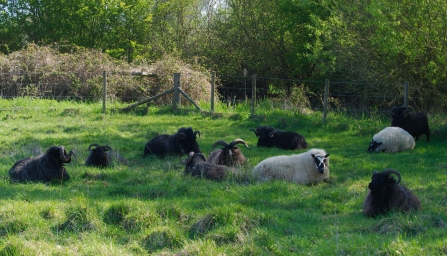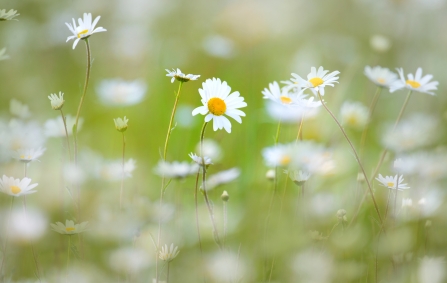March 2020, at the time when the impact of the coronavirus first became a reality for us all, the prolonged winter flooding at Chimney Meadows had finally drained away.
The meadows and pastures were covered in an off-white blanket of crisp river silt. Bare patches of ground were exposed, life seemingly washed away. Lockdown had begun, the country had fallen silent. We looked at the ground and wondered if it would recover, simultaneously wondering how the world was going to change.
Through the coronavirus crisis, BBOWT staff have been able to continue with essential work on the reserves. While most staff, have had to work from home, this can’t be done when there’s conservation livestock to look after. Where, due to the nature of tasks, individual working has not been possible, we have worked in closed-groups of two to reduce the risk of infection across the whole team.
With almost all human-made sounds and traffic stopped, it quickly became apparent how much unnatural noise must usually whirr away in the background, almost at a subconscious level.
Visits from volunteers, colleagues and visitors to the reserve ceased. It felt like the rest of world was shut out, distant, removed. Exposure to only the sounds of nature was both blissful and eerie. With the quietness and cessation of contact with others, an underlying sense of uncertainty hung in the air.
How quickly we became jumpy of unexpected noises. How quickly we learnt to assess the social distancing awareness of occasional essential maintenance workers, to prop doors open and follow them in their wake, disinfecting shared contact points. How quickly we became accustomed to delivery persons wearing face masks and pointing to delivery notes strategically placed under stones. We stumbled over the pronunciation of “furlough”, a word now so familiar in our everyday language.


